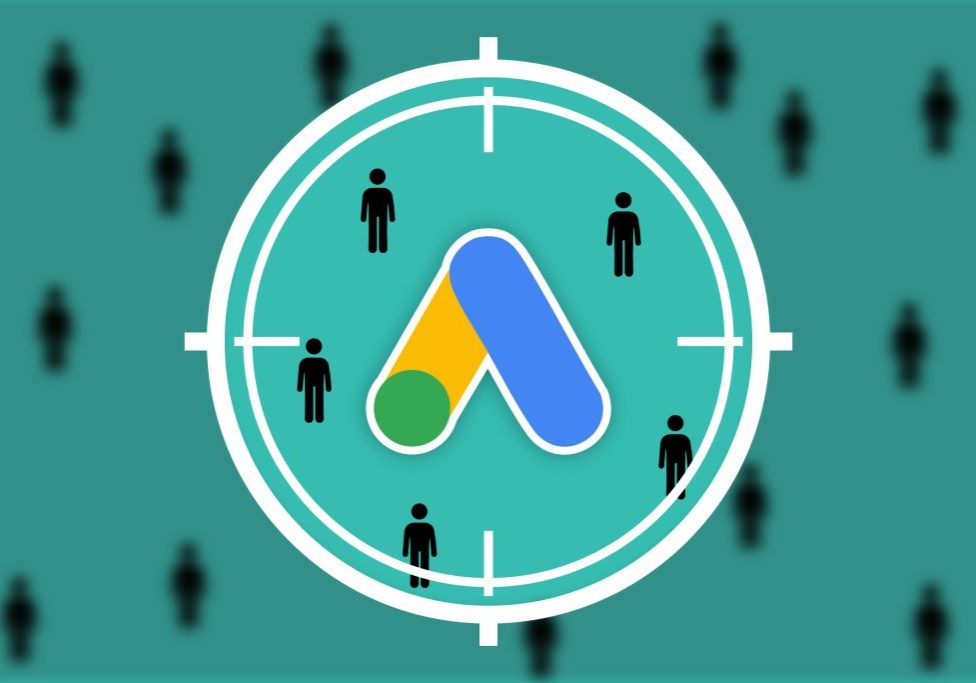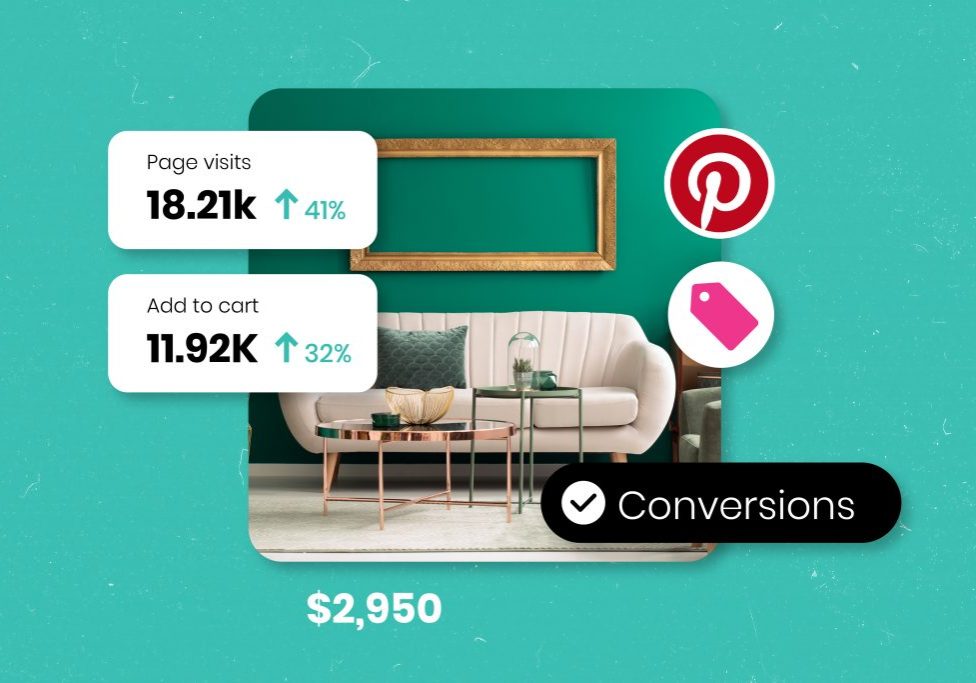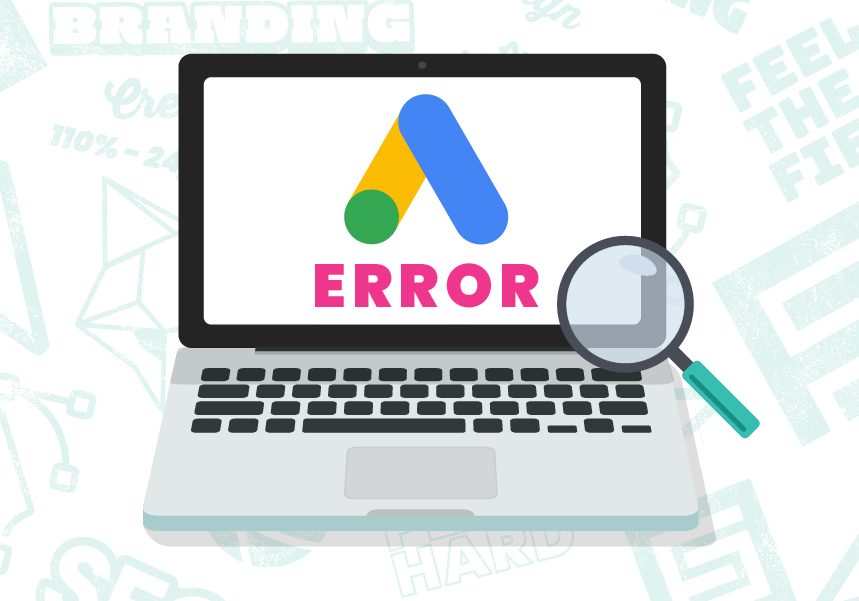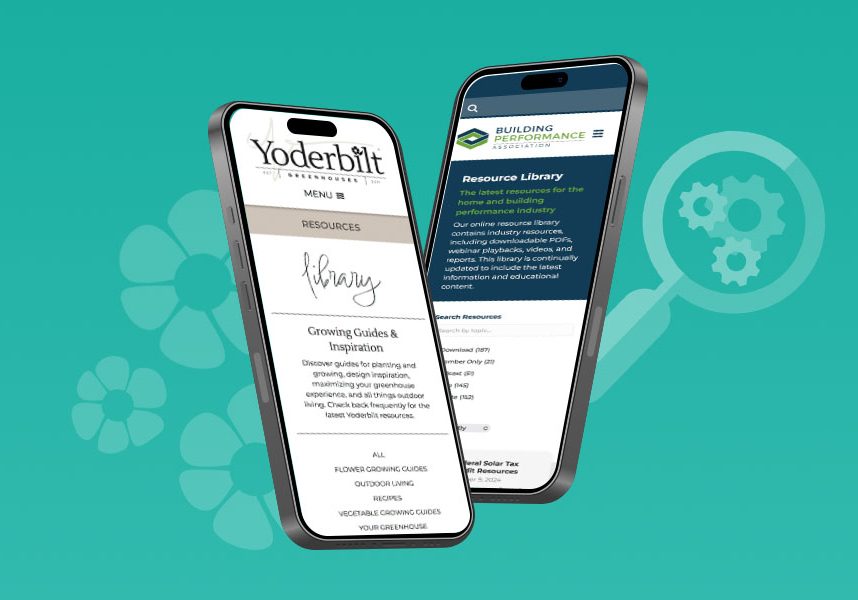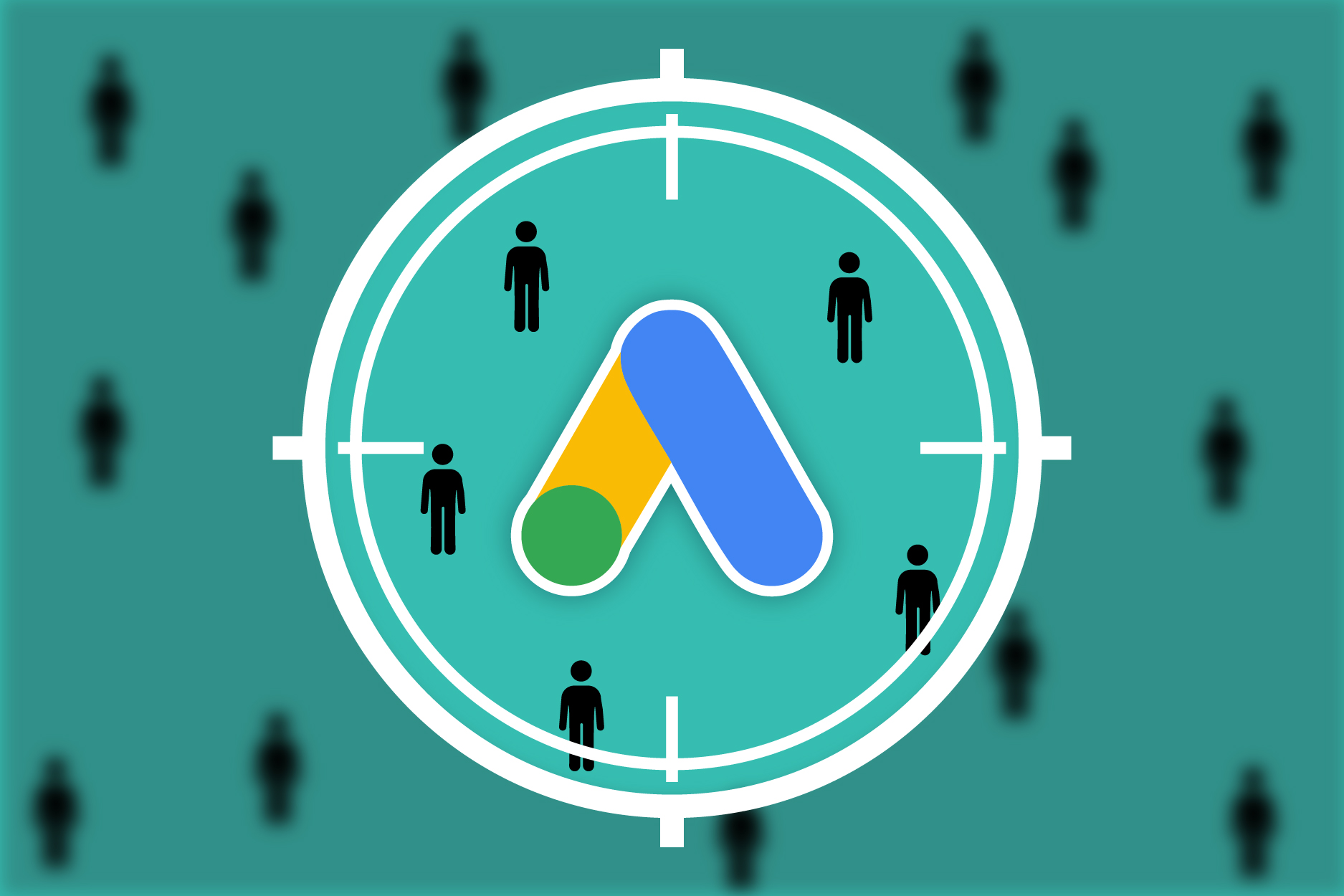
Stop Wasting Ad Spend: The Problem with Generic Google Ads
June 4, 2025
Imagine shouting into a crowded stadium versus having a direct conversation the person you’re trying to reach. Which one is more impactful?
That’s the difference between a generic Google Ad campaign and one honed in on your specific industry. Treating every business the same way in Google Ads almost always results in wasted budget and poor results. A successful Google Ads campaign relies on understanding the industry jargon, problems the potential customer may be having and the online habits of each user and adapting your strategy to fit. Your ad copy, keywords and landing pages need to speak directly to these distinct audiences. Remember, Bad Research = Bad Ads.
For example, for a golf management company, a potential client might be a golf course owner or investor looking to improve operations and profitability. Their searches might include terms like “golf course management,” “golf club membership software,” “pro shop management services,” or “golf course maintenance management.” The ad copy would need to highlight expertise in golf-specific areas, such as increasing rounds played, boosting revenue or enhancing course conditions. Landing pages would showcase their experience with golf course management, perhaps featuring case studies or testimonials from successful golf club partnerships.
Now, contrast that with a sports venue facility management company. Their potential clients are likely stadium owners or arena operators seeking expertise in maintaining and managing large-scale sports facilities. Their searches might include terms like “stadium management services,” “arena event staffing,” or “sports facility maintenance.” The ad copy should focus on how they are knowledgable about the needs of sports venues, highlighting their expertise in managing large capacities, driving increased revenue and their specialized ability to design sporting venues. Landing pages would show similar content while including proof points (testimonials, case studies, videos) from current partners.
While both examples fall under “management,” their target audiences, the problems they solve and the language they use are very different. A generic “management services” campaign would likely not bring in qualified leads for either.
When Fierce Creative Agency first launched Google ads for a recent client, the cost per key event was approximately $100. While this wasn’t a horrible starting point, we saw a significant opportunity for improvement. Through industry research and strategic campaign optimization, we successfully reduced the cost per key event to $38. This is why industry-specific, segmented campaigns are so important, often showing conversion rates up to 50% higher than non-segmented ones. (Source: Number Analytics) By tailoring your keywords, campaign messaging, and landing pages to speak directly to each unique audience, you’ll see a real boost in campaign performance.
Find out why generic ads cost you more and fix it. Use our Digital Ads Audit to see where your campaigns haven fallen short.



